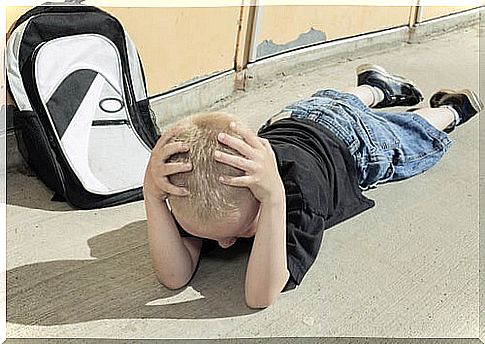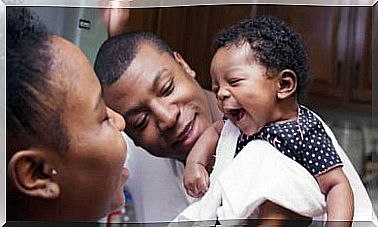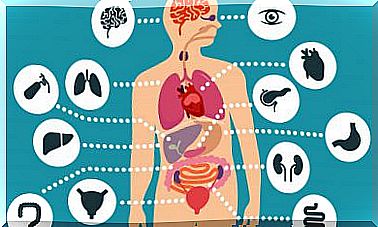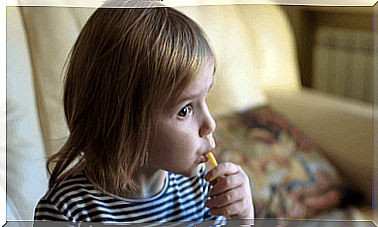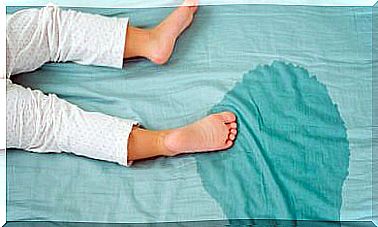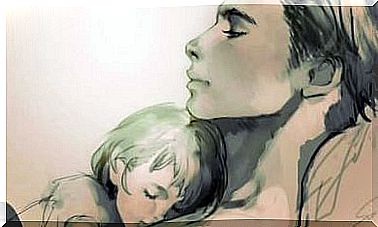How To Know If My Child Has A Developmental Problem
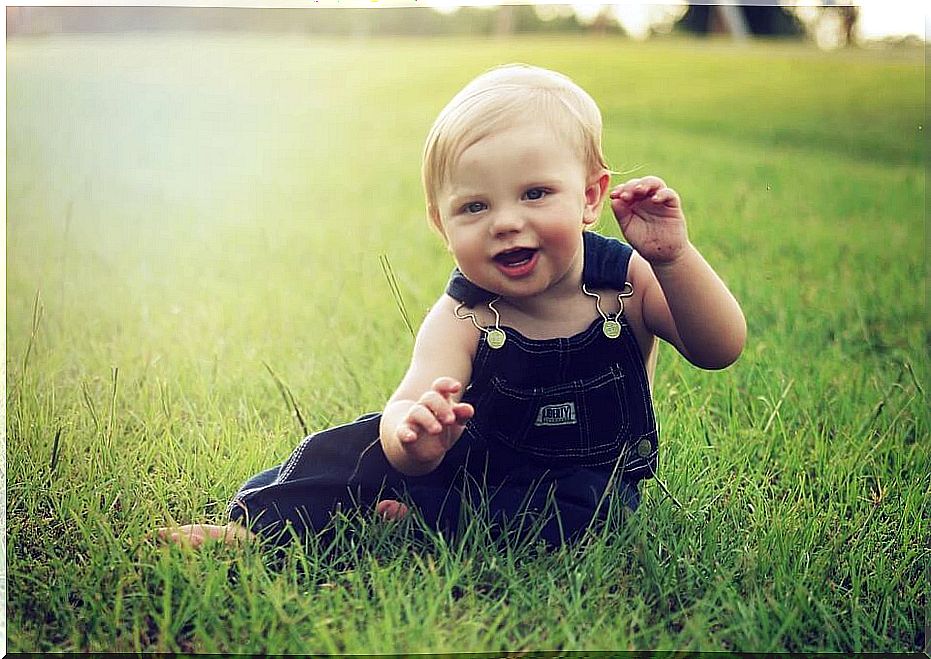
Knowing if a child has a developmental problem early is very important to ensure the child’s good health. That is why it is important to know what can happen to you, both mentally and physically, and how to act in case of discovering something strange.
However, we do not wish to be alarmist on this point. According to studies, no more than 10% to 15% of children have developmental problems. And of these, most are not usually serious. They are simply small delays that in the medium and long term are not important.
But we need to be cautious and be prepared for any eventuality. The most common problems usually occur in the physical development itself, difficulty in learning or in communication. The normal thing in these cases is to consult with their own caregivers and with Early Care, and they will give us a more effective diagnosis to know if there is cause for concern or not.
However, it is also important to note that only 3% of children with a problem are cared for by specialists. Hence, early action and action by relevant professionals is essential.
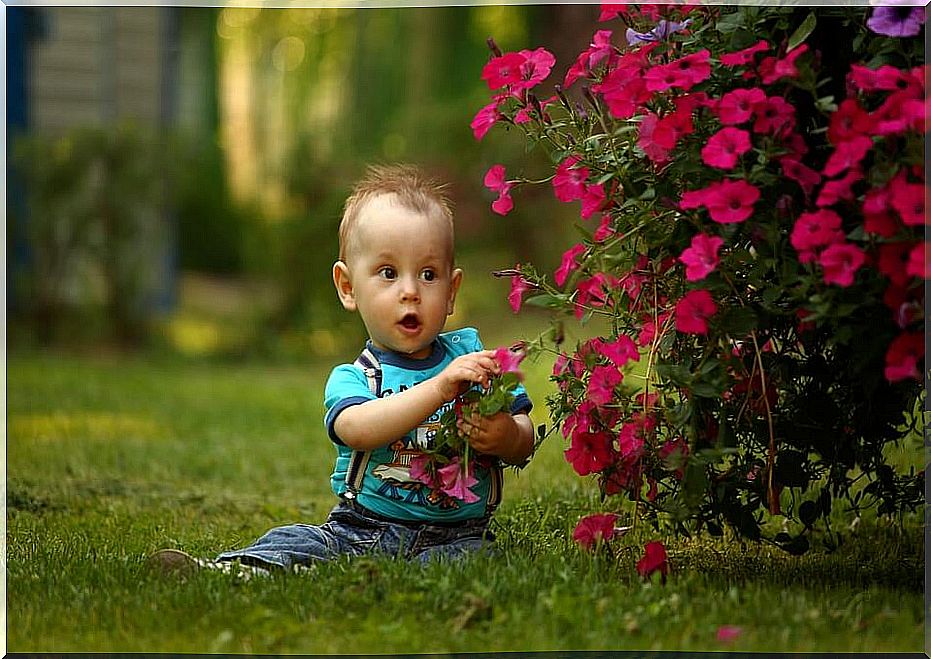
How to know if a child has a developmental problem
At this point, it is necessary to know if a child has a developmental problem. To do this, we will look at certain details and attitudes that will tell us if we have to worry or not. Once you take this into account, you will be able to know how to act.
Physical problems
There may be some physical issues to consider:
- Gross motor skills are the main clue. If your child follows normal guidelines like learning to walk around 10-15 months of age, for example, there will be no problem. However, see if he plants his foot properly, falls too often, etc. Any strange detail that is not corrected as it develops, it is not a bad idea to consult with specialists.
- Fine motor skills can also give us a useful clue. See if he is able to pick up objects with his hands, for example. Or if with 18 to 24 months you already handle the spoon to eat, even if most of the food goes to the forehead or to the ground. Or if he is able to turn the pages of a book. All these details, if you observe something abnormal, it will be a good idea to share them with a professional.
Psychological problems
The psychological problems that you should keep in mind are the following:
- Language skills will also be a clue if your child has a developmental problem. The normal thing is that he is articulating words after 12 months. However, you have to observe if he understands you well and handles receptive language, for example. Find out if you need to mimic too much to communicate, or make strange sounds. Or any detail that you think is wrong.
- Cognitive problems. You could also discover problems with your child’s brain power. When it comes to learning, for example, and memorizing concepts, you may find that you do not remember ideas or details. It is normal that up to 6 years of age they are not fluent in the most abstract concepts and space and time. However, if you notice that it may be exaggerated, contact a specialist.
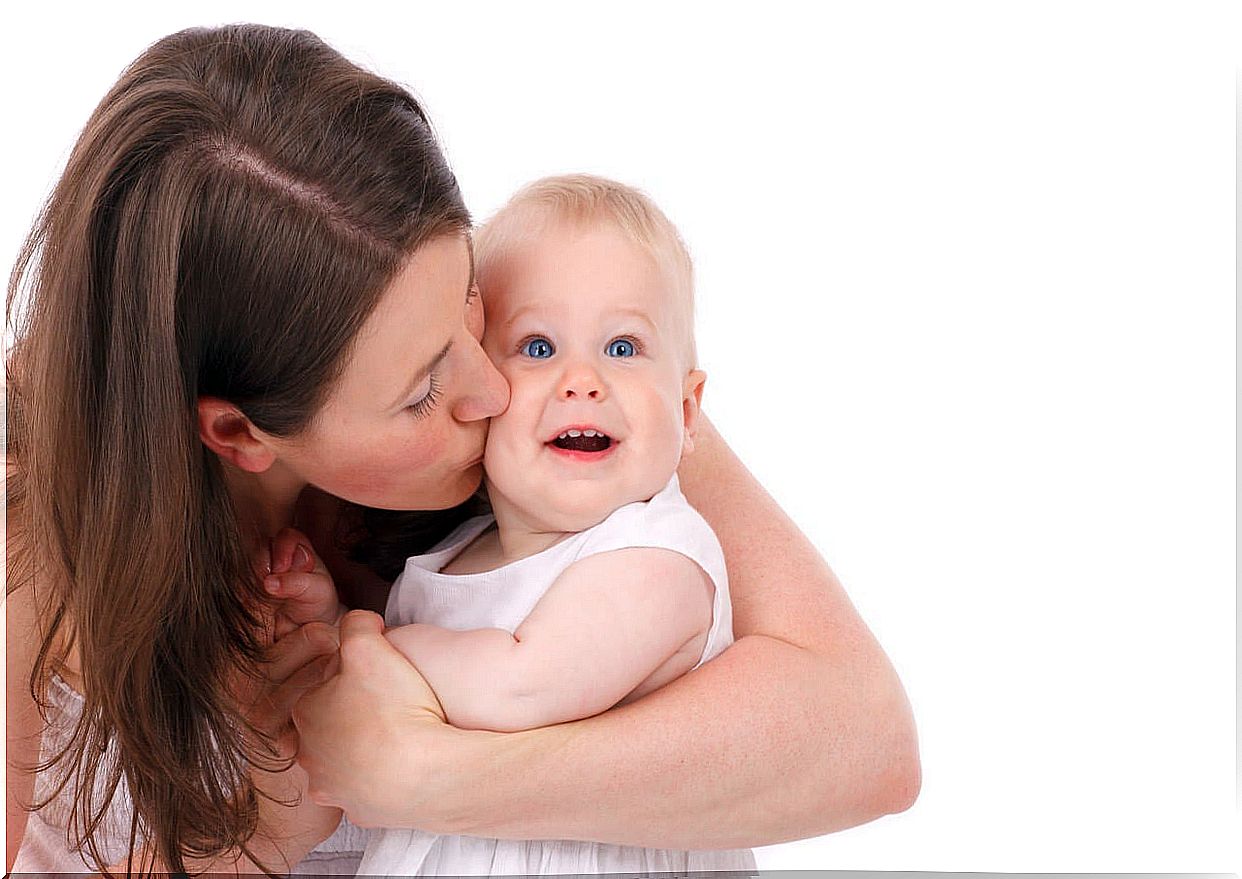
What to do if I notice something abnormal in my child or I think he has a problem in his development?
Maybe it’s you who notices, or it could be a teacher, family member, or caregiver. Be that as it may, any abnormal detail that is detected, it is important to bring it to the knowledge of a psychologist. So you can follow these steps:
- First of all, keep calm. We know that your child is very important to you. But you need to be patient and keep your cool. Most likely it is a small delay that does not pose any problem in the medium and long term. The vast majority of cases are resolved quickly.
- Let the appropriate specialists know about it. If you discuss any details with the nursery school educators, they may contact Early Care Services to make a first assessment.
- After the first assessment, if the developmental problem persists, the child will need further testing to detect the abnormality. They will need the medical history, family history, etc.
- Once we have the diagnosis, we will have to implement the indications for the care and development of the baby. Activities, specific treatments, actions to follow …
So, always try to maintain a positive attitude despite the logical concern that you will have. This will be passed on to your little one, who will receive encouragement, love and strength to solve any problem in his development.
